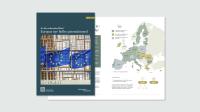Preliminary Injunctions
A preliminary injunction is a temporary court order granted at the request of one party that prevents the other party from pursuing a particular course of conduct, e.g. an alleged infringement of a patent, until the conclusion of a trial on the merits. It is possible to obtain a preliminary injunction before the UPC if a traditional European patent or a Unitary Patent is infringed in at least one of the participating Member States, or if such an infringement is threatening.

Overview of preliminary injunction proceedings
Preliminary injunction proceedings are initiated by filing an application for a preliminary injunction with the UPC. The application may be filed at the local or regional division where the actual or threatened patent infringement has occurred or may occur, or where the defendant (or one of several defendants) has its residence or place of business.
The application must, inter alia, state the reasons why a preliminary injunction is necessary, and the facts and evidence relied on in support of the preliminary injunction.
After receiving the application, the UPC has the discretion to either (i) inform the defendant about the application and invite the defendant to lodge, within a specified time, an objection to the application, (ii) summon the parties to an oral hearing, or (iii) summon the applicant (claimant) to an oral hearing without the presence of the defendant and without notifying the defendant of the application or hearing (ex parte proceedings).
Hence, contrary to main actions, an oral hearing is not a requirement in preliminary injunction proceedings. See How does a case proceed through the UPC system?
When deciding how to proceed with the preliminary injunction proceedings based on the application, the UPC must, among other things, take into account whether the validity of the patent has been upheld in an opposition procedure or proceedings in another court, the urgency of the action, whether reasons provided for any ex parte proceedings appear well-founded, and the content of any protective letter filed by defendant.
Oral hearing
If the UPC decides to summon the parties to an oral hearing, the date for such hearing must be set as soon as possible after the date of receipt of the application for a preliminary injunction. The UPC may order the parties to provide further evidence before or during the oral hearing. Should the claimant be absent from the oral hearing without a reasonable excuse, the UPC will reject the application.
As soon as possible after the oral hearing, the UPC's decision must be handed down in writing. If deemed appropriate, the UPC may render its decision orally to the parties at the end of the oral hearing, prior to its written decision
Conditions for ordering preliminary injunctions
Based on the application and any oral hearing, the UPC may order a preliminary injunction. In its decision, the UPC must weigh up the interests of the parties, taking into account, in particular, the potential harm for either of the parties resulting from granting or refusing an injunction. This is a fundamental difference compared with the national procedural rules for granting preliminary injunctions in e.g. Denmark.
It is currently unclear what specific circumstances the UPC will take into account when balancing the interests of the parties. For instance, should the UPC also consider the urgency of the matter when deciding whether or not to grant a preliminary injunction as is currently the case in many of the participating Member State jurisdictions? Furthermore, it is not an express condition for granting preliminary injunctions that the UPC considers it likely that there is an infringement or likely that the patent invoked is valid. The exact criteria used in assessing applications for preliminary injunction will remain uncertain until UPC case law becomes available.
In some cases, the UPC may order the claimant to provide adequate security for appropriate compensation for any injury likely to be caused to the defendant if the UPC later revokes the injunction. If the claimant is ordered to provide security, the UPC's order for a preliminary injunction will be effective only after provision of the security.
Enforcement of preliminary injunctions
If a preliminary injunction is granted, the claimant must subsequently instigate proceedings on the merits of the case before the UPC within a time period not exceeding 31 calendar days or 20 working days from the date specified in the court order. If the deadline is not met, the preliminary injunction may be revoked upon request by the defendant. If a preliminary injunction is later revoked, or if it turns out there was no actual or threatened infringement, the UPC may order the claimant to pay compensation for any injury caused to the defendant by the injunction.
A preliminary injunction is enforceable in each of the participating Member States by the competent national authorities. Furthermore, the UPC may impose periodic penalty payments payable to the UPC if a party does not comply with the injunction.
Appeal of an order for a preliminary injunction
An order for a preliminary injunction may be appealed to the UPC Court of Appeal within 15 calendar days of its notification to the claimant. An appeal will not have suspensive effect, unless the UPC Court of Appeal decides otherwise, after having received a motivated request to this effect from one of the parties.
Ex parte proceedings
It is possible for the claimant to request a preliminary injunction without notification or hearing of the defendant (ex parte proceedings).
The scope for obtaining a preliminary injunction in ex parte proceedings is probably narrow, since the UPC may only grant such preliminary injunctions if any delay to the proceedings is likely to cause irreparable harm to the claimant and if the claimant furthermore provides adequate security for appropriate compensation for any injury likely to be caused to the defendant if the UPC later revokes the order (unless special circumstances apply).
If the UPC grants a preliminary injunction in ex parte proceedings, the defendant must be given notice hereof without delay and no later than at the time of execution of the preliminary injunction. Furthermore, the defendant may request a review of the order within 30 days after the date of execution.
A party may defend itself proactively against potential ex parte preliminary injunction proceedings by filing a protective letter with the UPC. Protective letters are preemptive statements of defence, which are filed in anticipation of an application for a preliminary injunction (or other provisional measure). The purpose of filing a protective letter is to explain to the UPC why an anticipated application for a preliminary injunction should be refused. Protective letters are effective for a six-months period, which is extendable.
More on UPC |
|---|
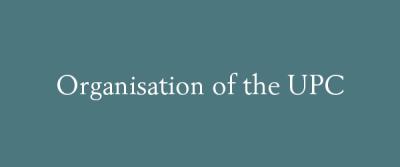
|
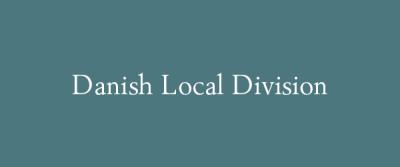
|
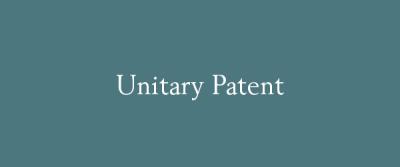
|
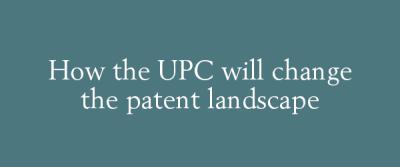
|
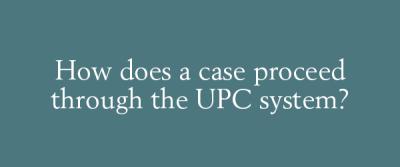
|
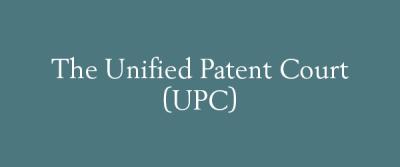
|
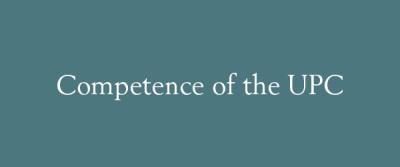
|

|
Our team of experts
Do you have any questions on this topic? Don't hesitate to contact Partner Nicolai Lindgreen, Partner Nicolaj Bording, Attorney Emil Petri, Attorney Mathias Rønø Bove or Assistant Attorney Victor Fasmer Henum.

Contact

